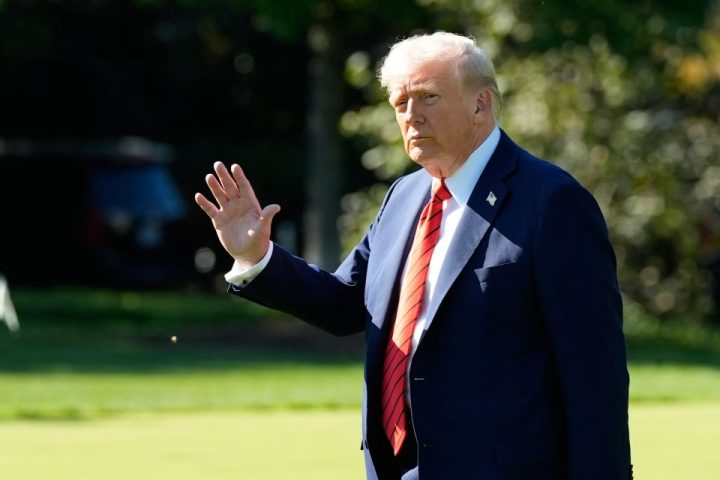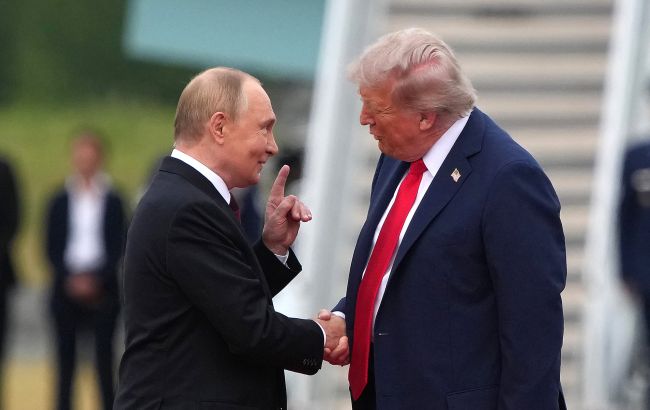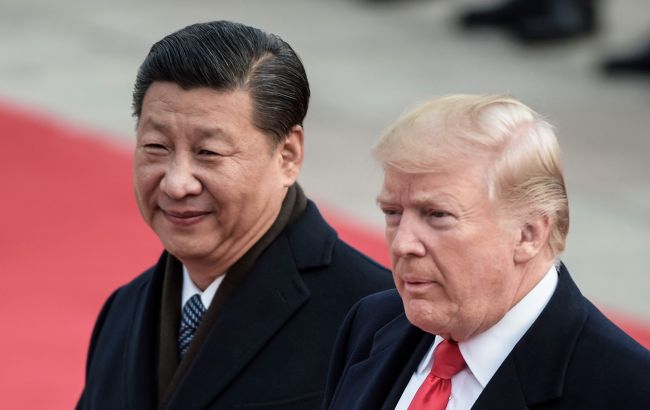Ford Delays Tennessee Electric Track Plant Launch Until 2027. Trump’s Tax Cuts and Jobs Crisis Has Caused a Crisis in the Battery Belt, Threatening Thousands of Jobs.
Ford Delays Tennessee Electric Track Plant Launch
The small town of Stanton, Tennessee, home to just 450 people, became the center of attention a few years ago when it announced plans to build a Ford Electric Track Plant and a joint venture to produce batteries. The project was supposed to create 6,000 jobs and transform the region from a farming community into an industrial hub.
But the pace of construction has slowed. Ford has already pushed back production several times, now expecting it to start in 2027, down from a 2025 start date.
“We will be flexible in our launch planning, responding to market needs and profitability,” Ford said.
The collapse of the electric car euphoria
The Tennessee plant is part of the “Battery Belt” — an industrial belt stretching from Georgia to Indiana, where more than two dozen gigafactories were planned. But American enthusiasm for electric cars has cooled.
After the cancellation of the $ 7,500 tax credit for the purchase of electric cars, which took effect on September 30 by the decision of the Donald Trump administration, sales could fall by 50%, Ford CEO Jim Farley warned.
“That’s what everyone is thinking right now,” says former Stanton Mayor Allan Sterbinski. — “People are afraid that Ford may simply not see the project through.”
Industry on the verge of glut
According to Benchmark Mineral Intelligence, if all planned plants are operational, they will be able to produce batteries for 15 million EVs per year, while actual demand, according to S&P Global Mobility, will not exceed 3 million.
Analysts warn that even if some capacity is redirected to hybrids or energy-saving systems, the surplus will remain significant.
Trump’s policies: a blow to the industry
While Trump claims that he is “not against electric vehicles,” his new initiatives have cut incentives for manufacturers and buyers. Federal subsidies for battery production in the US now have stricter requirements, which reduces access to government funds.
“Many projects that previously counted on these incentives will now not be able to receive them,” explains Jennifer Stefael of KPMG.
Hyundai giant holds on
Not all manufacturers are slowing down. Hyundai Motor is moving ahead with construction of a $12.6 billion plant near Savannah, Georgia, that will create 8,500 jobs by 2031. The launch of its battery unit will be delayed by several months after a recent FBI raid, but the company says it can adapt quickly to switch to hybrids if demand for EVs falls.
“This will give people stable jobs and a chance to escape poverty,” says Trip Tollison, president of the Savannah Economic Development Agency.
A symbol of a new era — and a new anxiety
Stanton, once a quiet farm town, has become a symbol of hope for America’s future — green, electrified, technological. But now it’s also a symbol of economic uncertainty, as government policies threaten to undo years of investment and expectations.
Related: Trump eyes tariff relief for US automakers to boost local production












